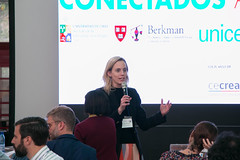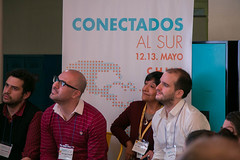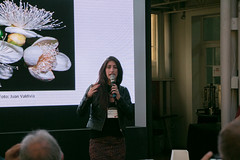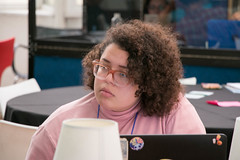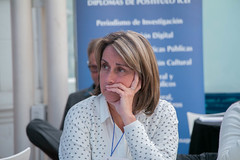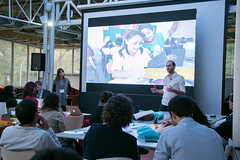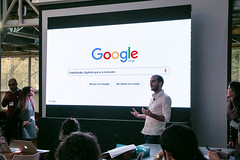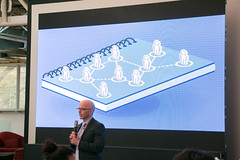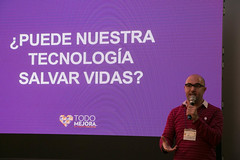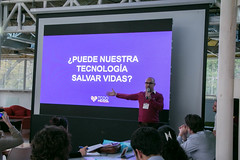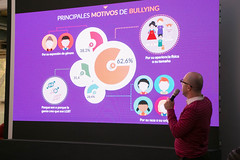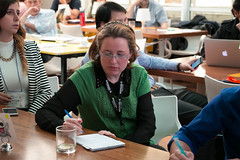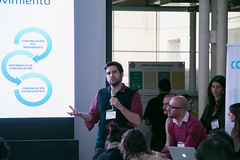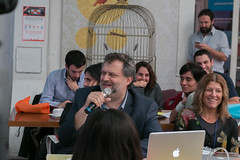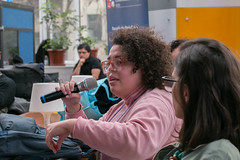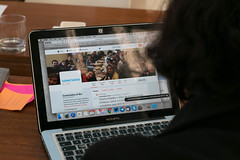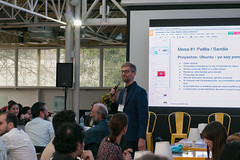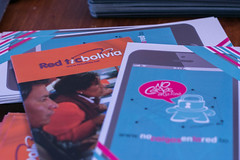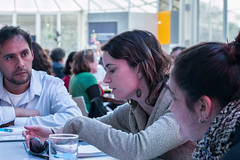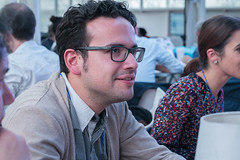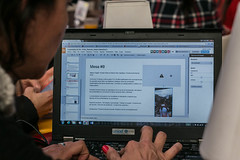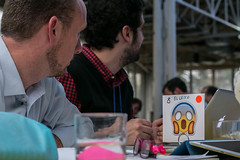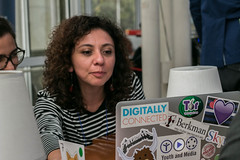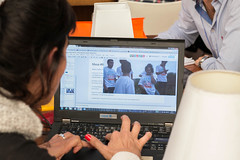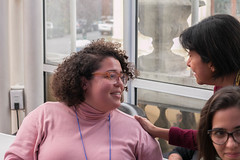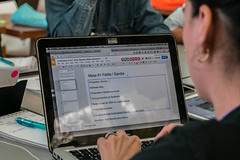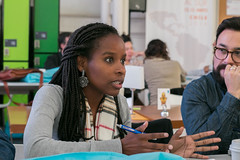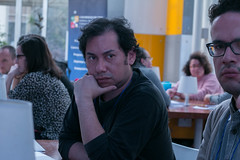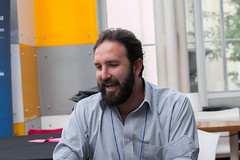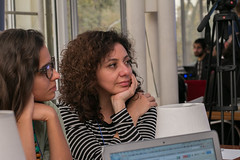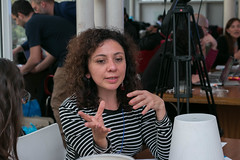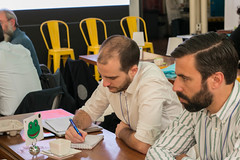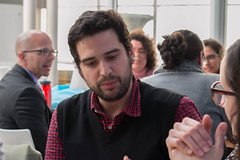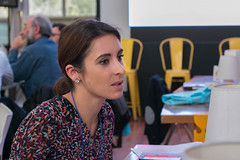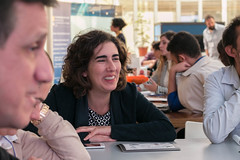The Internet has led to structural changes in the information environment that affect the quality of this information. The increased and more diverse set of “speakers” online, the lack of traditional gatekeepers, the entrance of new intermediaries, the disappearance or replacement of mechanisms and standards aimed at ensuring certain quality levels, media convergence, and context shifts make quality judgments about information in the digital media ecosystem arguably more challenging and makes corresponding skills even more important.
In 2012, members of the Youth and Media team published a flagship report called “Youth and Digital Media: From Credibility to Information Quality“. In the report, the authors put forward a new conceptual model – the information quality framework – that guides our research and policy discussions of information and information literacy. This framework is both process- and context-oriented (it accounts for the fact that information seekers don’t make information quality decisions only at the point of evaluating a source. Rather, it considers how youths’ levels of digital literacies, social patterns, practices of online content creation, and general digital media usage affect how they search for, evaluate, and interact with information on the Internet).
Since the publishing of the report, the YaM team continues to apply the information quality framework to two types of information that have remained underexplored from a qualitative information search, evaluation, and creation perspective:
- Online news
- Health information
With regard to news, the research team seeks to close an important knowledge gap about youths’ online behavior–including news gathering activities, evaluation practices, and creative re-use of news. While earlier research suggests that youth (not unlike adults) prefer online news that is visual in presentation, relevant in topic, and manageable in size, additional research is needed to explore the social and creative elements of online news and, based on this understanding, to optimize curricular and tool development programs. In particular, we need a deeper understanding of the variables that affect youth behaviors related to online news. For example, what demographic factors lead to differences in young people’s online news behaviors? Understanding such factors is critical to the design of curricula and tools that accommodate variations in skills and habits among diverse populations of youth.
The Youth and Media team also wants to better understand how youth search for, evaluate, and share health information online. Research shows that young people are increasingly turning to the Internet as a primary source for health information. This presents a critical topic of investigation, because the consequences of misinformation or other forms of low-quality information can be serious. Yet, this space also presents opportunities for informing youth about health issues that they might have felt hesitant about scoping out elsewhere.
Relevant links and materials:
- Report: From Credibility to Information Quality
- One Page Summary [PDF]: [YaM] From Credibility to Information Quality_1 Page Summary_02202012_FINAL
- Executive Summary [PDF]: [YaM] From Credibility to Information Quality_Executive Summary_02202012_FINAL
- Podcast:

- Information Quality Infographic: Full Size Image
- “Coached to Poach” Infographic: Full Size Image
- Information Quality & News Literacy Modules
- YaM has served as the research, learning, and development partner to the Chicago-based core group of McCormick Foundation Journalism Program grantees (“Why New Matters” grantees) and the McCormick Journalism Program team. Our work spans two core research domains: (1) exploratory research and (2) translational research. See: http://youthandmedia.org/projects/news-online/.
Research and practice briefs and papers:
“Youth Online and News: A Phenomenological View on Diversity“
“Youth online and news: A phenomenological view on diversity“
“The Challenges of Defining ‘News Literacy’”
“Mapping Approaches to News Literacy Curriculum Development: A Navigation Aid”
- “Youth and Online News: Reflections and Perspectives” includes a series of short essays that offer interesting, alternative, exciting, sobering, unusual, out-of-the box perspectives, observations, or reflections at the intersection of news, digital media, and youth – broadly defined.
- (November 2016) Sandra Cortesi, keynote “Youth and Online News”, Mobile Media Day 2016, Wuerzburg, Germany. Visit: http://www.slideshare.net/Lokalrundfunktage/mmd-16-sandra-cortesi-youth-and-online-news and https://www.youtube.com/watch?v=OkLQZMV1mPE.
- (April 2016) Sandra Cortesi, panel, “Fake News, Concrete Responses: At the Nexus of Law, Technology, and Social Narratives” moderated by Harvard Law School dean Martha Minow, Harvard Law School, Cambridge, USA
- March 2017: Harvard Gazette, “Fake news is giving reality a run for its money”, http://news.harvard.edu/gazette/story/2017/03/harvard-panelists-discuss-future-of-journalism-in-fake-news-world/



